NASA and UCLA scientists speculate on why life on Earth came about from left-handed amino acids and right-handed sugars combining.
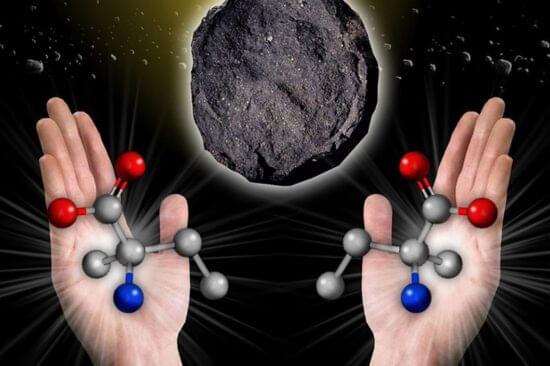

Read more in the comments and submit 📧at the link⬇️
#brainstimulation #brainfunction #deepbrainstimulation #memory #magneticstimulation #centralnervoussystem #agerelatedmemorydecline
Advances in Neurostimulation in Aging: From Basic Science to Clinical Applications
Guest Editors Dr. Orestis Stylianou and Dr. Gianluca Susi and Associate Editors Dr. Peter Mukli and Dr. Frigyes Samuel Racz and the editorial team of GeroScience (Official Journal of the American Aging Association, published by Springer) invite submission of original research articles and review articles related to basic and clinical research focused on neurostimulation in aging.
Over the past two decades, studies have shown the potential benefits of invasive and non-invasive brain stimulation techniques in addressing age-related alterations in brain function. While invasive techniques were previously dominant in small-scale clinical investigations, recent advances have significantly reduced the invasiveness of these techniques, making them safer and more accessible for research and medical applications. Transcranial current and magnetic stimulation (tCS and tMS) as well as deep brain stimulation (DBS) have shown promising results in improving various types of memory in the elderly population, including but not limited to working, episodic, associative, semantic, and procedural memory. These interventions have the potential to play a vital role in enhancing healthy brain aging and treating age-related pathological conditions affecting the central nervous system.
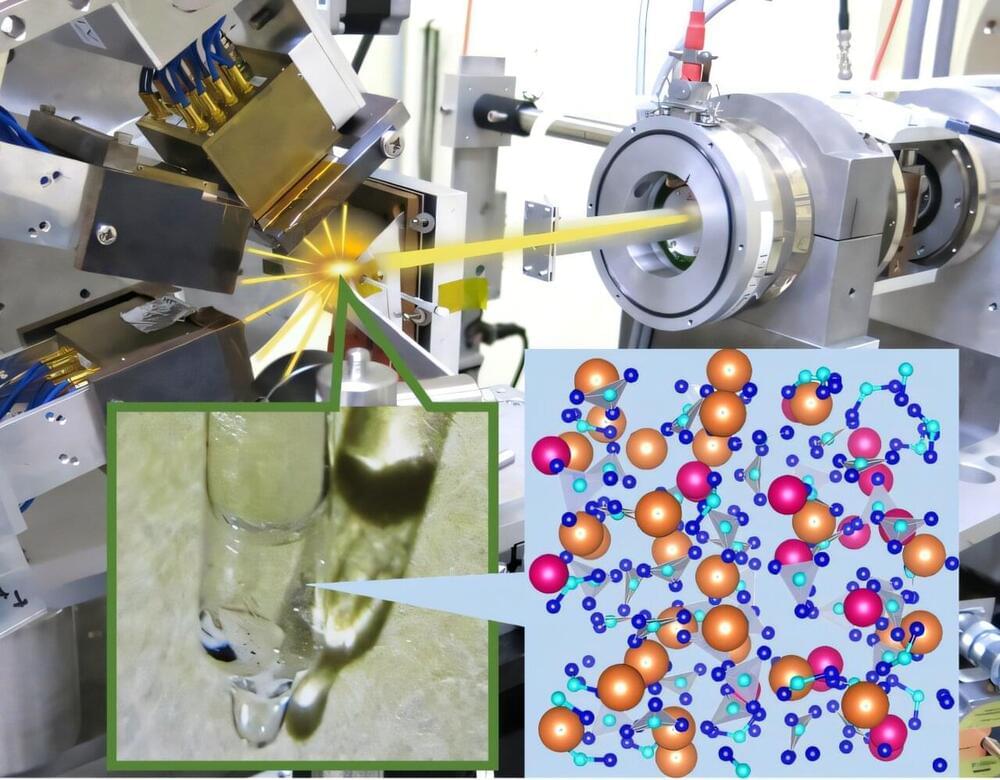
We’ve all experienced the moment of panic when a glass slips from our hands, shattering into pieces upon hitting the ground. What if this common mishap could become a thing of the past?
Now, a new discovery by researchers at Tohoku University has offered insights into how glass resists breakage, potentially paving the way for highly durable, break-resistant materials. The breakthrough has wide ranging implications for glass-related industries.
Details of their findings are published in the journal Acta Materialia.

A novel breakthrough, leveraging CRISPR gene-editing technology, is revolutionizing how scientists study sEVs. This innovative approach, known as CIBER (CRISPR-assisted individually barcoded sEV-based release regulator), enables researchers to investigate thousands of genes simultaneously.
By tagging sEVs with unique RNA “barcodes,” CIBER offers unparalleled insights into the molecular processes regulating sEV release, setting the stage for advancements in biotechnology and disease treatment.
Extracellular vesicles, which include sEVs, are small, membrane-enclosed particles released by cells into their surroundings. Their size, origin, and cargo determine their classification. sEVs, typically 30–200 nanometers in diameter, are among the smallest but most intriguing members of this group. These vesicles transport biomolecules—such as RNA, proteins, and lipids —between cells, acting as communication messengers.
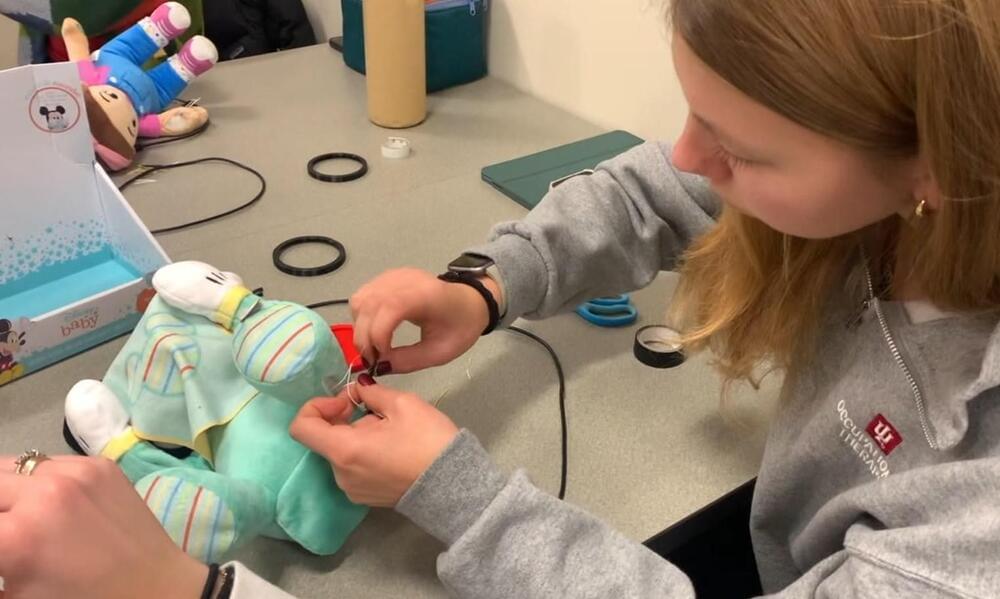
One class at Indiana University Indianapolis is doing its part to help out.
“What that large switch does is it just allows the child to activate it either with a whole hand or even a light touch,” Tiffany Stead, Occupational Therapist and Adjunct professor at IUI, said.
Each student rewired the traditional toy and added a larger 3D-printed button.
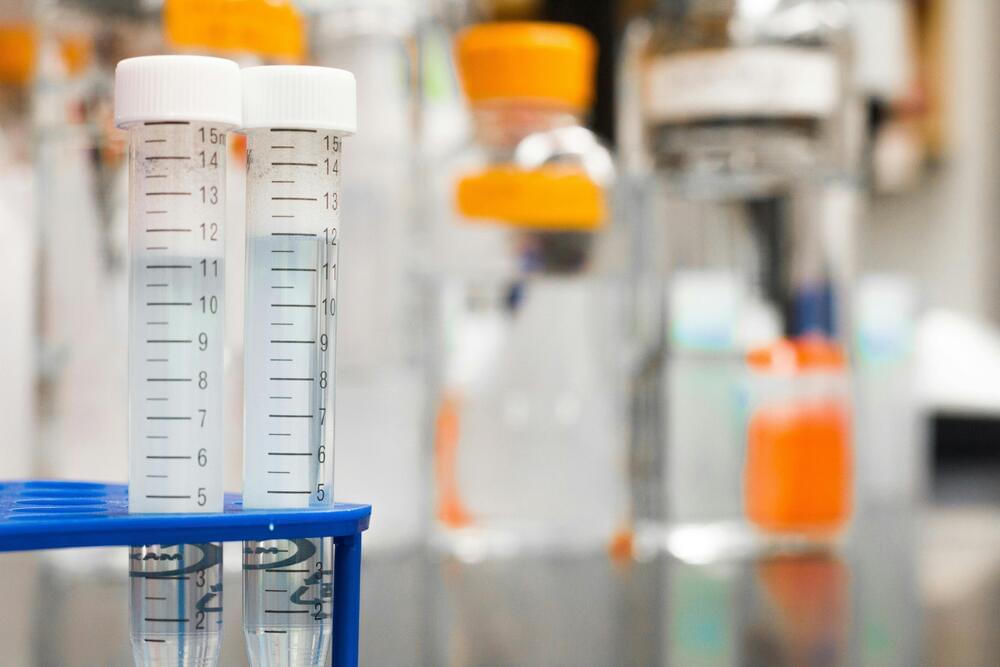
A new study published in the journal Nature reports results of the first-in-human phase 1 clinical trials of a novel immunotherapy approach for solid tumors expressing glypican-3 (GPC3). Researchers at Baylor College of Medicine and Texas Children’s Cancer Center led the study, which tested chimeric antigen receptor (CAR) T cells enhanced with the protein interleukin-15 (IL-15).
CAR T cells have shown limited efficacy in patients with solid cancers, despite dramatic success in some hematologic malignancies. Preclinical studies showed that the addition of IL-15, which helps T cells survive and multiply, could improve the performance of CAR T cell-based immunotherapies.
In these trials, researchers tested GPC3-specific CAR T cells co-expressing IL-15 in adults with hepatocellular carcinoma (HCC) (NCT02905188) and children with GPC3 expressing solid tumors, including HCC (NCT02932956). The first patient cohorts received GPC3-CAR T cells alone. The GPC3-CAR T cells were found to be safe, with peak cell expansion at two-weeks post-infusion; however, no objective antitumor responses were observed.
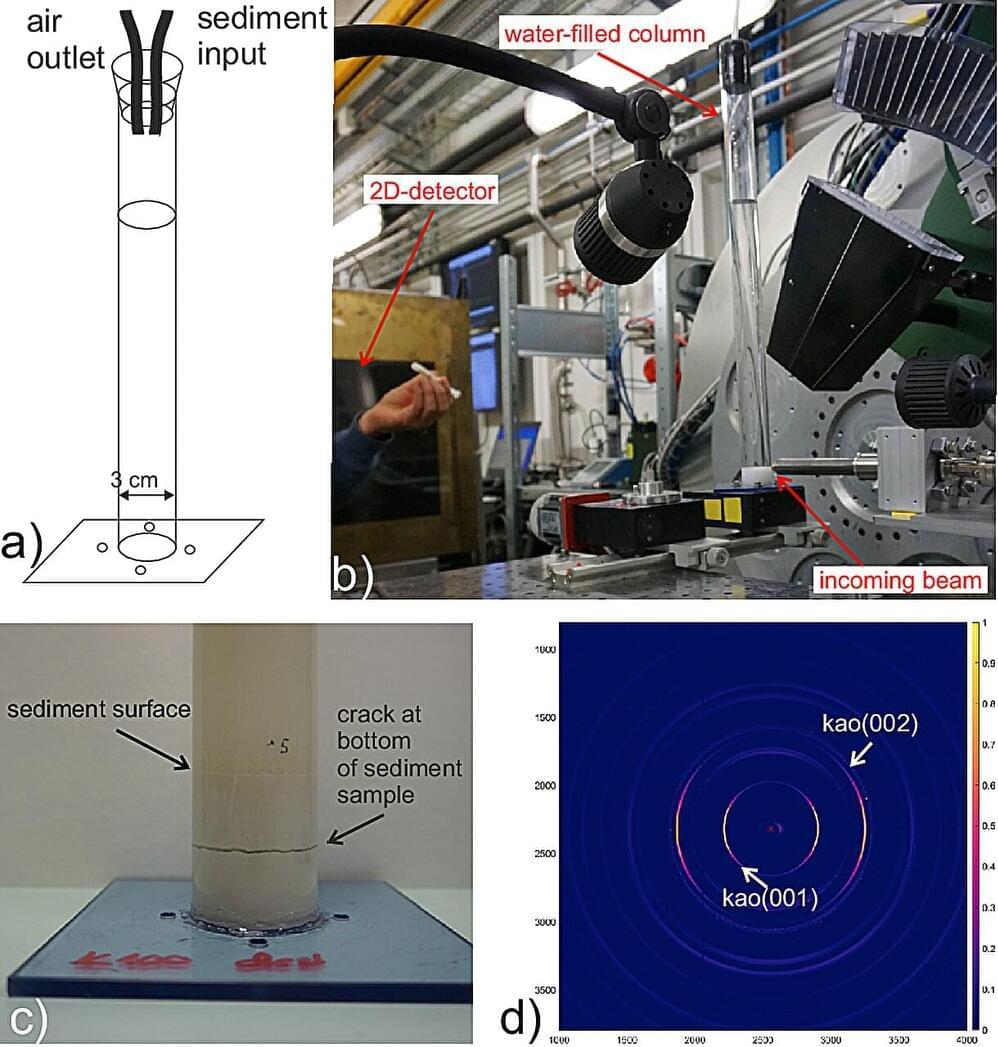
Clay minerals are a major constituent of the Earth’s surface and are mainly found in the sediments of lakes, rivers and oceans. The properties of clay and claystone depend on how the tiny sediment particles are orientated. Using the European Synchrotron particle accelerator in Grenoble (France), a research team from the Martin Luther University Halle-Wittenberg (MLU) has succeeded for the first time in observing in detail how some of the processes work.
The study was published in the journal Communications Earth & Environment and provides researchers with insights into the structure and properties of sediments.
The formation of clay-rich sediments is difficult to study. “Sedimentation occurs, for example, on the hard-to-reach seafloor over a very long period of time. In addition, clay particles are only a few micrometers or less in size. As a result, conventional microscopy methods are not suitable for the observation of clay particles during sedimentation,” explains Dr. Rebecca Kühn, a geoscientist at MLU, lead researcher of the study.
The Feynman Lectures on Physics, Volume I: https://www.feynmanlectures.caltech.edu/I_toc.html.
“In this chapter, we shall discuss one of the most far-reaching generalizations of the human mind. While we are admiring the human mind, we should take some time off to stand in awe of a nature that could follow with such completeness and generality such an elegantly simple principle as the law of gravitation. What is this law of gravitation? ”


In a new Nature Communications study, scientists have developed a novel method for artificial cells to interact with their external environment without the need for complex modification processes.
This method could open new frontiers in tissue engineering, drug delivery, and cell processes.
Biological cells are protected by a membrane, made of phospholipids, which modulates interactions with the outside environment. Recreating this in artificial cells is challenging, requiring manual external modification of the membrane.